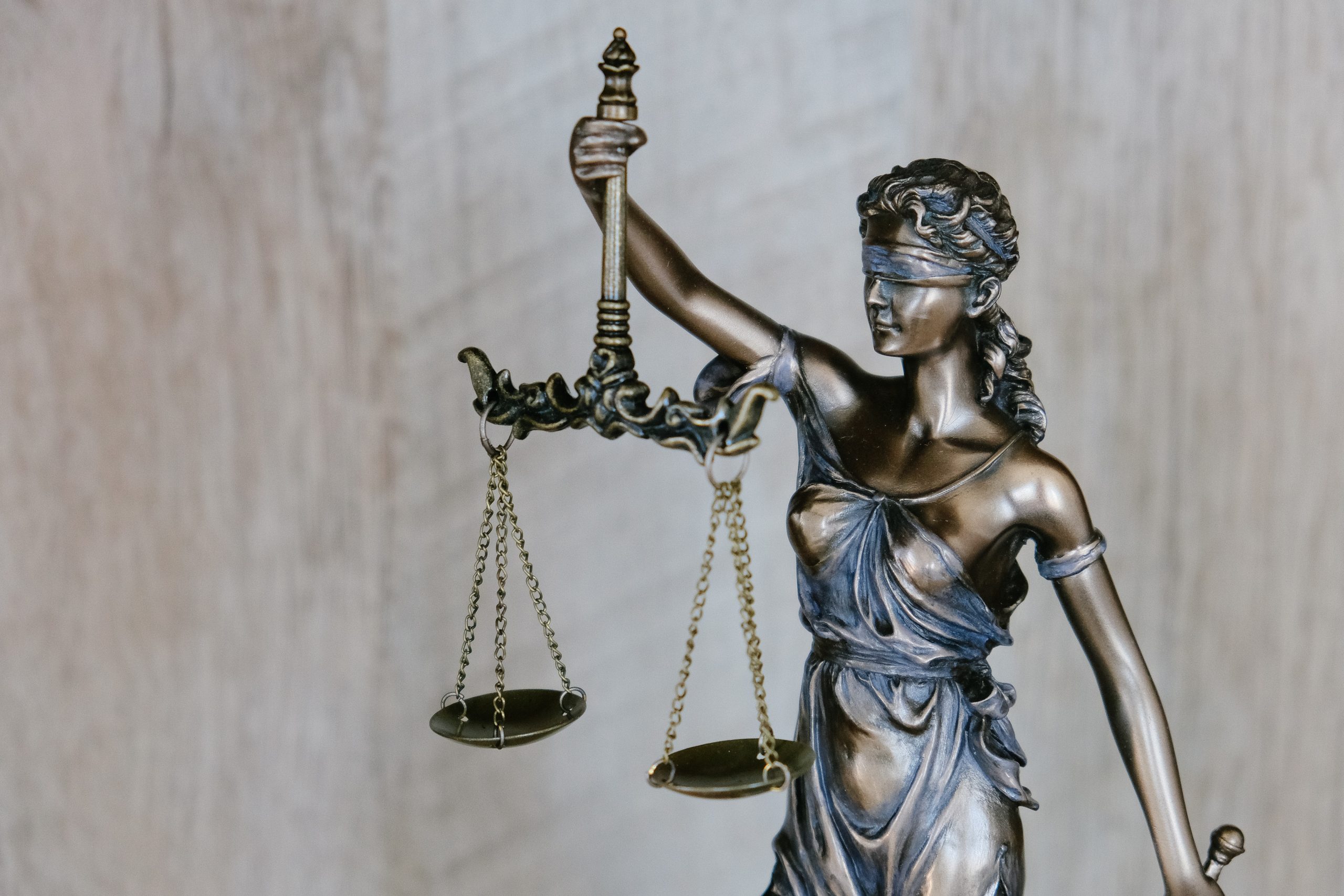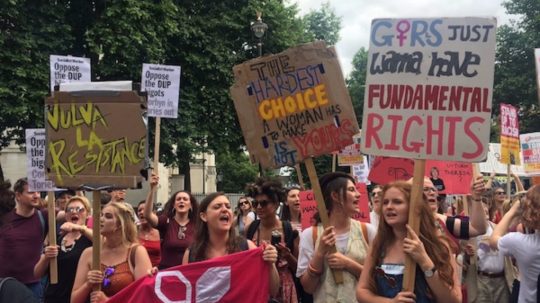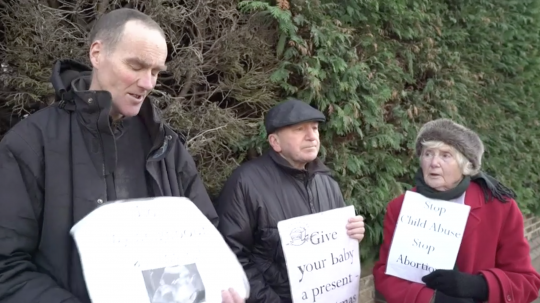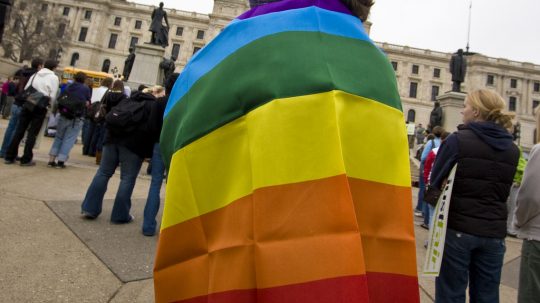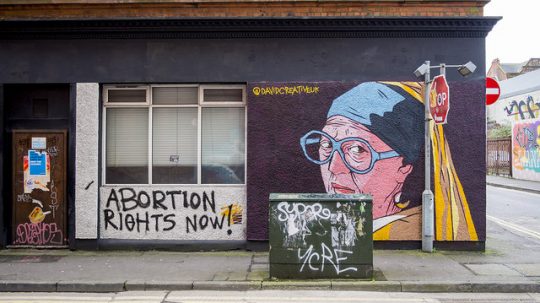The High Court has ruled against a legal challenge from a woman with Down’s syndrome which argued that permitting abortion up until birth for a foetus with certain disabilities is unlawfully discriminatory.
Abortions can legally take place in the first 24 weeks of pregnancy in England, Scotland and Wales. Emergencies aside, two doctors must approve the procedure by agreeing that having the baby would pose a greater risk to the physical or mental health of the patient than a termination. An abortion can take place after 24 weeks if the carrier is at risk of grave physical or mental injury, or if the foetus has a “substantial risk” of being “seriously handicapped”.
The case was brought to the High Court by Heidi Crowter, a woman with Down’s syndrome, and Máire Lea-Wilson with her son Aidan, who has Down’s syndrome. The three argued that the law is discriminatory against disabled people and interferes with Article 8 – the right to respect for private life – in the Human Rights Act.
Crowter said: “The judges might not think it discriminates against me, the government might not think it discriminates against me, but I’m telling you that I do feel discriminated against and the verdict doesn’t change how I and thousands in the Down’s syndrome community feel.”
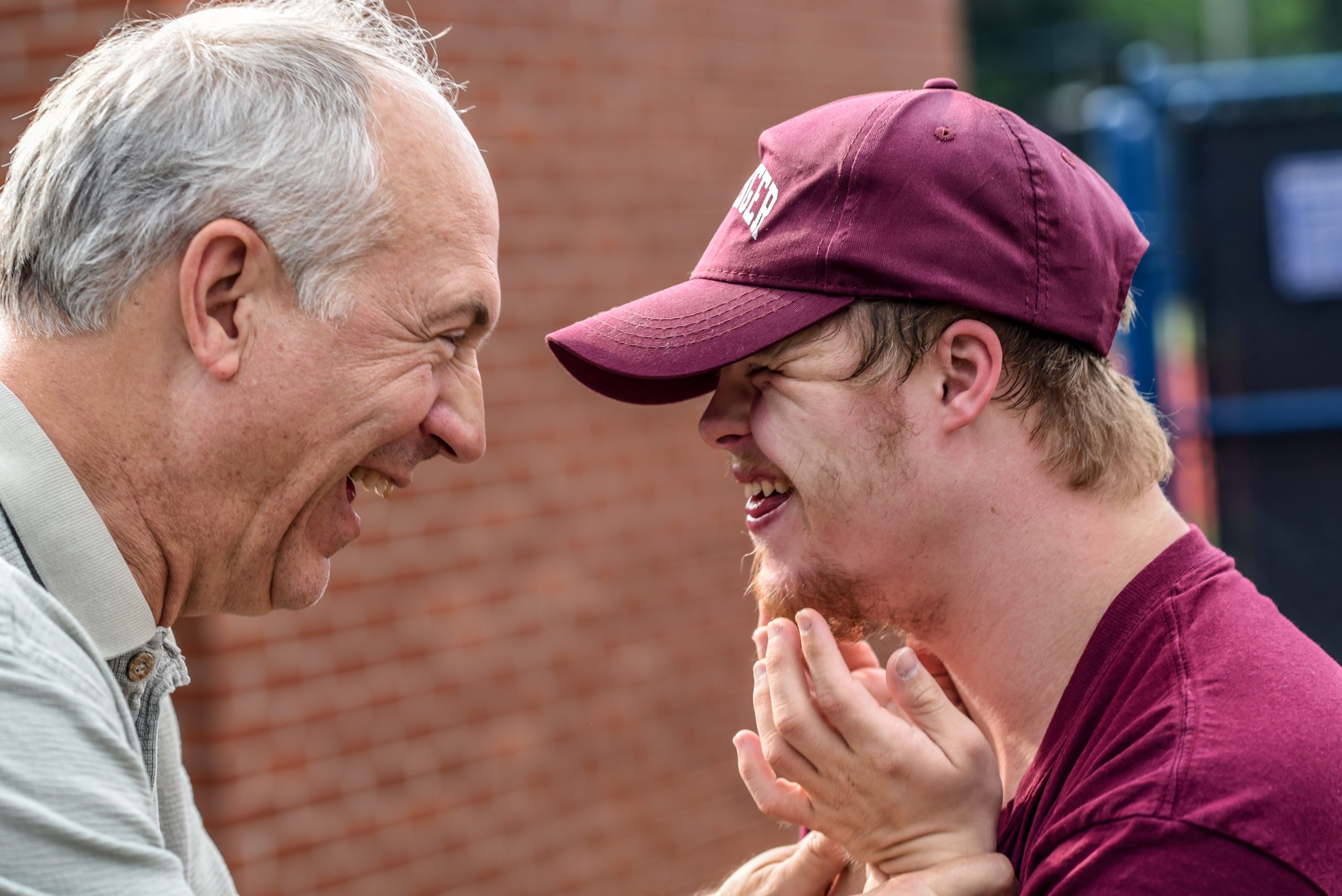
Credit: Nathan Anderson / Unsplash
While the campaigners argued that the law breaches Article 8 of the HRA, overturning parts of the 1967 Abortion Act could also be interpeted as interfering with this same right.
The judges ruled against the claimants, saying that there was no evidence of discrimination within abortion law and that systems are in place to discourage it.
Lord Justice Singh and Mrs Justice Lieven said: “The issues which have given rise to this claim are highly sensitive and sometimes controversial. This court cannot enter into those controversies; it must decide the case only in accordance with the law.”
Their ruling was welcomed by abortion care organisations.
“The case which was thankfully dismissed by the High Court did not just call for the removal of legal abortion rights in the case of a diagnosis of Down’s Syndrome, but for all fetal abnormalities after 24 weeks. ,” said Laura Hurley, communications lead for Safe Abortion Action Fund. “In 2020, just 0.1% of abortions occurred after the 24 week time limit and just 3% of these cases were recorded as due to a diagnosis of Downs syndrome.”
The claimants in the case have vowed to keep fighting the legal status quo. Lea-Wilson said: “This ruling condones discrimination, by cementing the belief in society that their lives are not as valuable as the lives of people without disabilities.”

Credit: Anthony Tran / Unsplash
But abortion care services disagree with the argument that abortion law allows for discrimination against disabled people.
“There is no contradiction between a society which champions the rights of disabled people and one which allows women to make difficult decisions in heartbreaking situations,” said Clare Murphy, Chief Executive of the British Pregnancy Advisory Service. “If successful, this case could have had far-reaching implications. The claimants argued in Court that foetuses should have human rights – this has never been decided in law and would go against many years of legal precedent in the UK.”
The controversial case has shone a spotlight on the complexity of striking a balance between ensuring the provision of equal access to abortion care and the prevention of discrimination against disabled people.
Jane Fisher, director of Antenatal Results and Choices, said: “The things aren’t mutually exclusive: you can have a tolerant, inclusive society that values disabled people and gives them the resources they need and also give access to women in pregnancy – screening tests, diagnostics and the ability to make decisions on that information. They need to be left to make their own decision because they have to live by their decision, not anyone around them.”
With arguments from both sides citing understandable concerns about how abortion care and disability interact, this debate – in the courts and elsewhere – is likely to continue.

